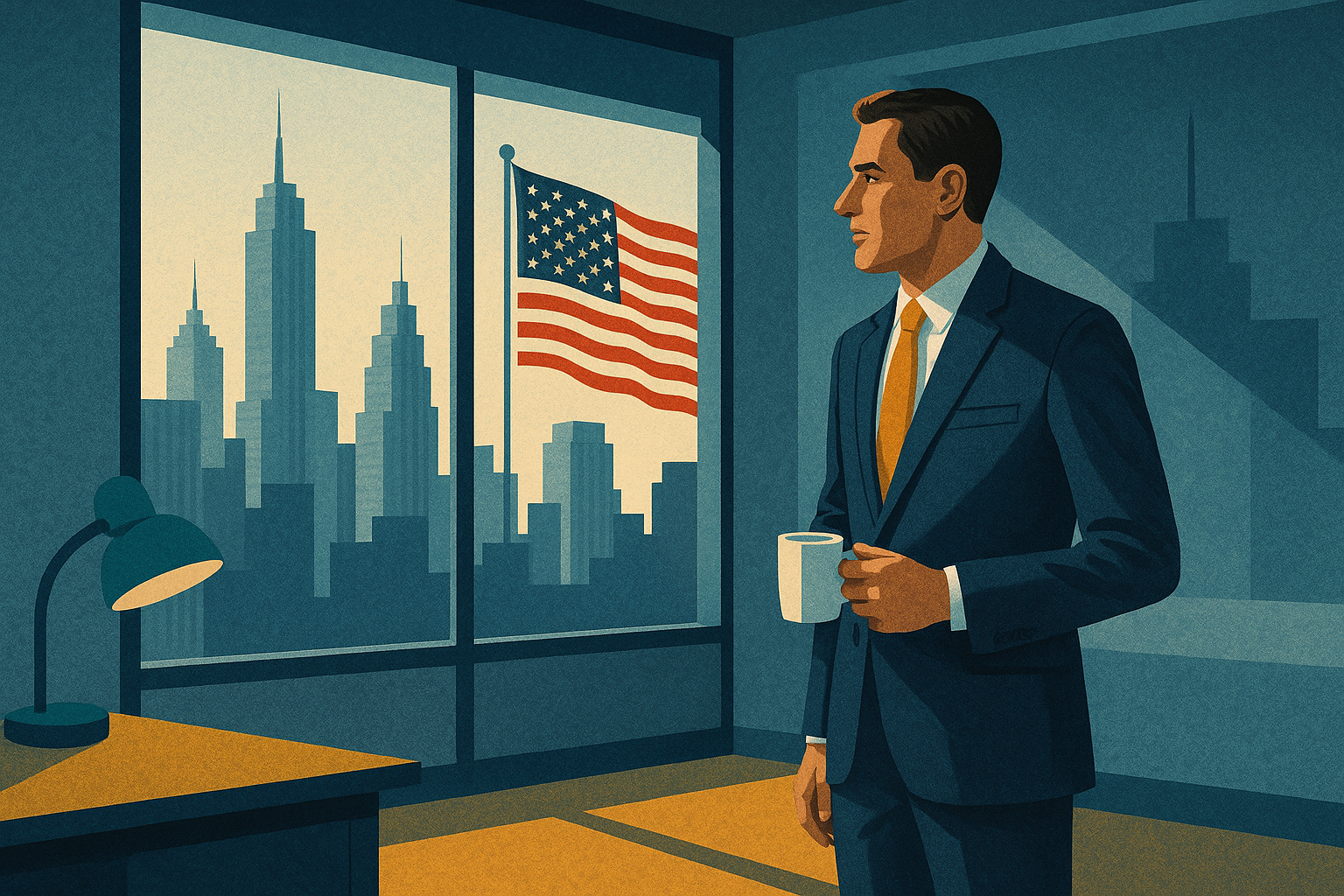The US Chamber of Commerce has launched legal action against the Trump administration over a new $100,000 fee on H-1B visa applications, calling the policy unlawful and economically harmful.
Filed on Wednesday in the US District Court for the District of Columbia, the lawsuit names the Department of Homeland Security and the Department of State as defendants. The Chamber, which represents roughly 300,000 businesses, contends that the measure violates federal law and disrupts the visa framework established by Congress.
The disputed charge stems from a September presidential proclamation introducing the fee for new H-1B visa applications between 21 September 2025 and 21 September 2026. The rule does not apply to renewals or visas issued before that date. Typical H-1B applications have historically cost employers between $2,000 and $5,000, the Chamber said, with most amounting to less than $3,600.
The White House has defended the change as a way to curb what it calls “abuse” of the H-1B system and discourage large-scale replacement of US workers. The Chamber argues that the fee is effectively a barrier to entry for companies seeking highly skilled employees and would force many to raise costs or cut hiring.
The complaint marks the first legal challenge brought by the Chamber against the Trump administration since the president’s return to office in January. Other groups — including a coalition of unions, employers, and advocacy organisations — have filed separate suits in California contesting the same fee.
The H-1B programme, which allows US employers to hire foreign professionals in specialised roles such as engineering, finance, and technology, is capped at 85,000 new visas each year. It is a critical channel for companies in sectors with persistent skills shortages.
In recent weeks, several major employers have voiced concern. JPMorgan Chase reportedly advised some visa-holding employees to return to the United States before the new rule takes effect, while Nvidia chief executive Jensen Huang said his family likely could not have immigrated under the new cost regime.
The case, US Chamber of Commerce v. Department of Homeland Security, is pending before the federal district court in Washington, D.C.




